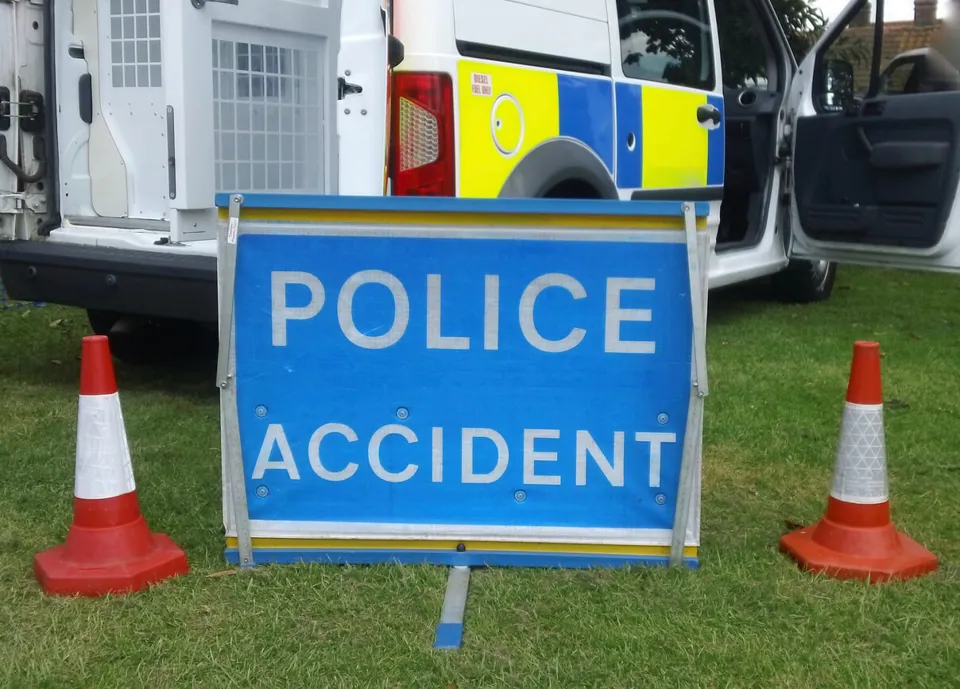Speed continues to be one of the biggest killers on roads in the UK and through its annual campaign, Road Safety Week, Brake is asking drivers to slow down in communities.
Government statistics published last month revealed an annual increase in the number of people killed and seriously injured on Britain’s roads for the first time in 17 years.
This rise in violent, needless casualties was most significant among vulnerable road users: 48 more people were killed on foot in 2011 than in 2010, an increase of 12%, and 425 more cyclists were seriously injured in the same period, an increase of 16%.
Perhaps unsurprisingly in the context of these statistics, a recently published survey of 942 drivers by Brake and Direct Line showed that speeding in communities has become ingrained in many people’s regular driving habits, with people who drive for work being more likely to take this risk.
The survey revealed that 41% of people who drive for work speed at 35mph or more in 30mph limits at least weekly, compared to 36% of all drivers.
These speeds make our communities risky places for people to walk and cycle, and Brake is appealing to all drivers to slow down to allow others to get out and about safely.
Driving just ‘a bit’ faster dramatically increases stopping distances, reducing the chance of being able to stop in time in an emergency.
At 20mph, if a child stepped out three car lengths ahead, you should just be able to stop. But at 30mph or faster, you would barely have time to hit the brakes before hitting the child with a significant chance of seriously maiming or killing them.
Although drivers may not want to hear it, they do need reminding of the difference between life and death even a small change in their driving speed can make.
Brake is asking fleets to urge their drivers to ‘pledge’ not only to stay within limits, but to slow down to 20mph or less around homes, schools and shops: a life-saving act that helps protect the vulnerable.
As well as educating drivers and communicating with them about the dangers of breaking the speed limit even by a small margin, many fleet managers also have the technology at their fingertips to monitor and deal with speeding violations.
This can be a powerful tool in enforcing company policy and sending a message to drivers that your organisation is serious about them driving safely, and within limits.
A recent survey by Brake of subscribers to its Fleet Safety Forum revealed that 44% of fleets already use vehicle telematics to monitor driver speed.
By combining education and enforcement in this way, Brake believes it is possible to stamp out speeding.
‘Safety is more important than time’
Brake is encouraging fleets to take action on speed reduction by participating in Road Safety Week and working to persuade all drivers, whether driving for work or not, that it’s more important to protect people on foot and bikes, than it is to marginally reduce their journey time.
Last year, 758 companies including BT, Recognition Express, Arval, Balfour Beatty and Peak Performance registered to take part in Road Safety Week, raising awareness of road safety issues among staff and the wider community, improving their corporate image, raising funds for Brake, and having fun.
Activities ranged from taking large vehicles into schools to improve pupils’ awareness of blind spots, to running Bright Days, where staff pay £1 to dress in crazily bright clothes for the day, to running workshops for staff and family members.
If you’re looking for inspiration on what to do, Brake is running a free webinar for companies in September – for more information and to book, email corporatewebinar@brake.org.uk or call 01484 559909.
Road Safety Week takes place from November 19-25. Register your interest in taking part and receive a free e-action pack at www.roadsafetyweek.org.uk.
Brake runs a low cost, not-for-profit subscription scheme for fleets, offering regular advice, guidance, resources and sharing of best practice in road risk management. For more information visit www.fleetsafetyforum.org.
By Roslyn Cumming, development manager, Brake.


















ReliantRegal - 10/08/2012 16:09
Why don't we carry on as we're doing? I think we'll see this increase in road casualties as a blip in our relatively good record compared with other countries. Also, I would like to see more evidence on why Brake and Direct Line think those people that drive for work are more likely to speed in communities, when these are the people who undergo additional driver training or carry telematics on their vehicles that can highlight poor driving and prompt their employer to take action. Pointing the finger at people driving on business is misleading, disingenuous and wrong.